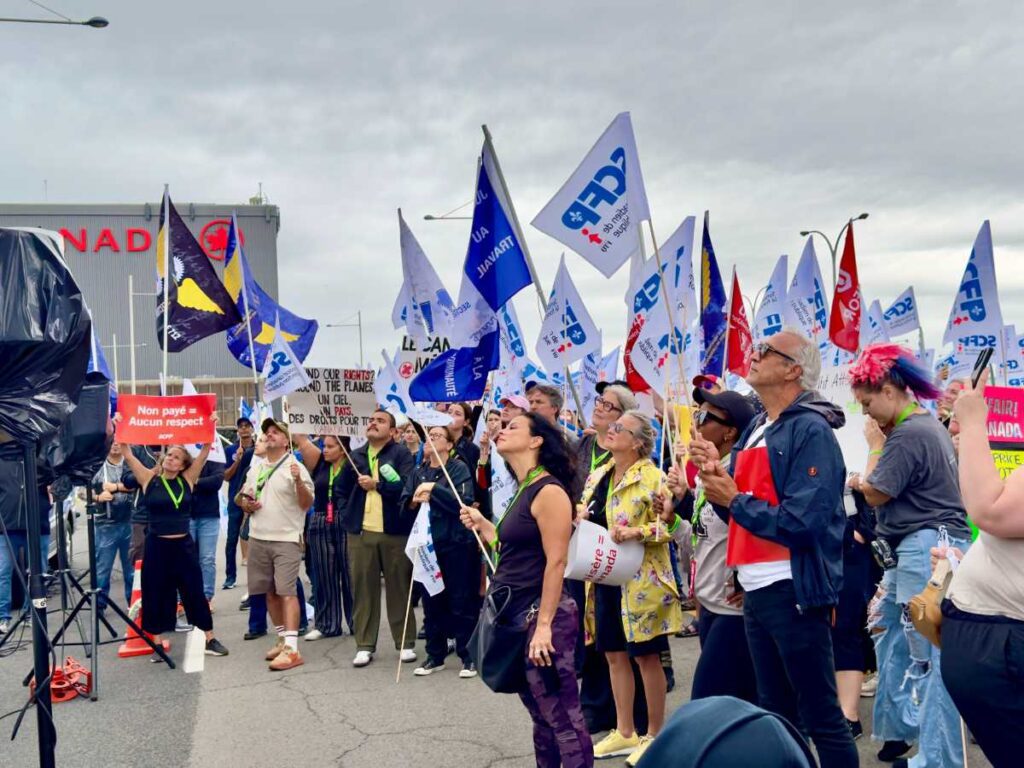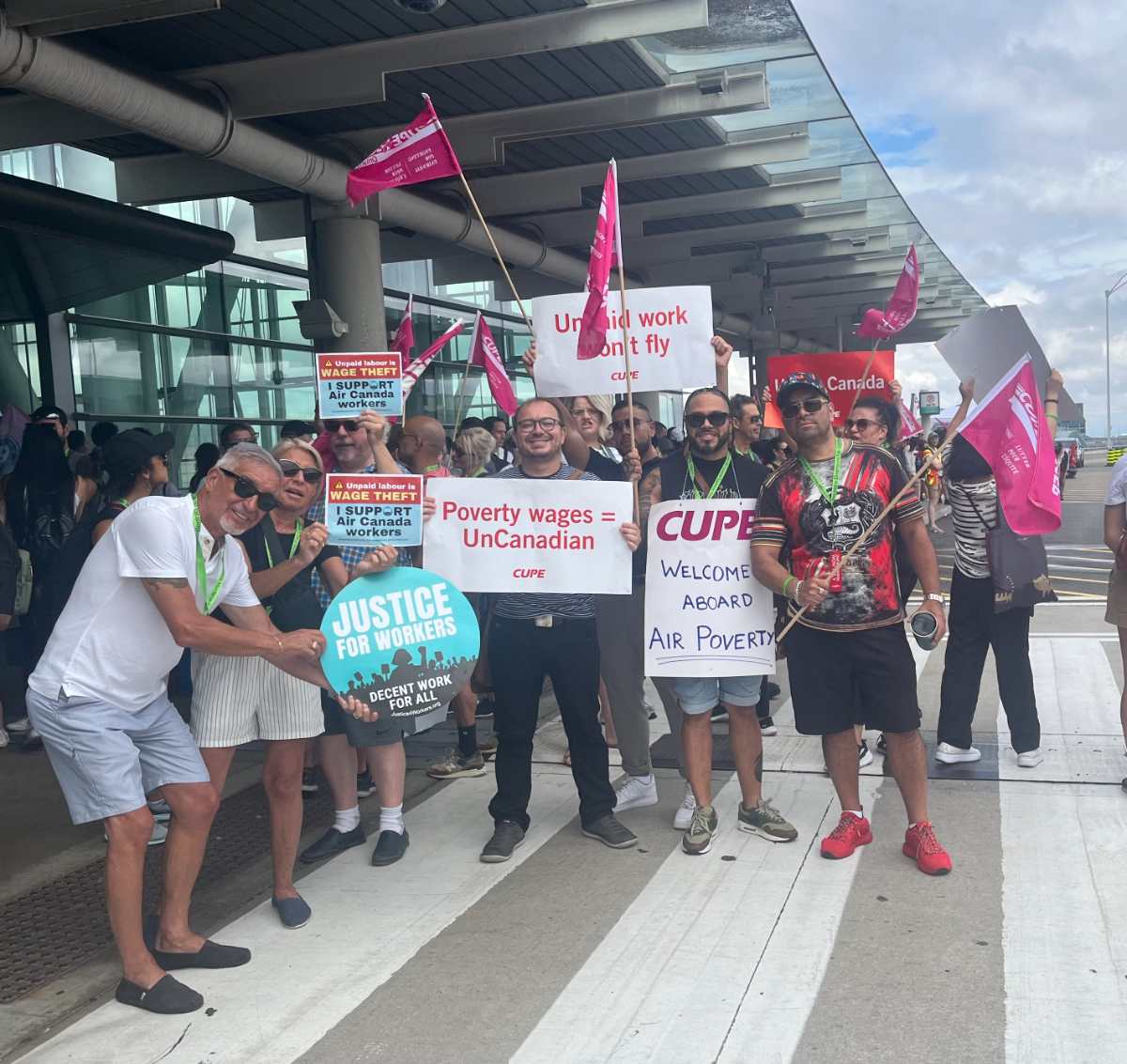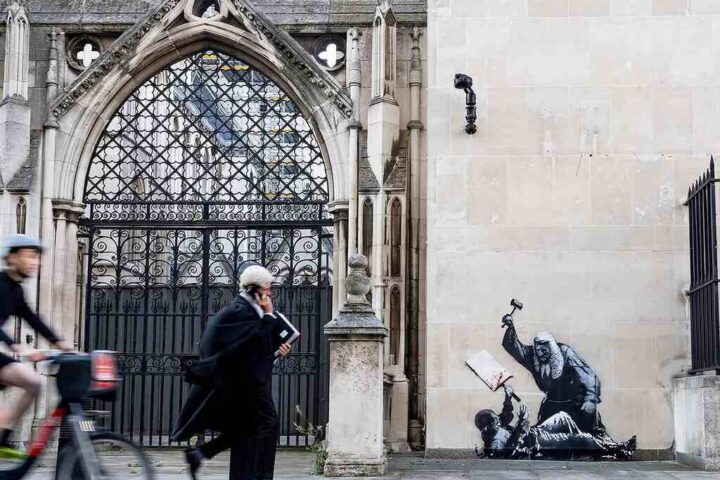The Canada Industrial Relations Board (CIRB) has declared the Air Canada flight attendants’ strike unlawful, ordering CUPE leadership and members to resume duties immediately with a noon ET deadline for public notice to members by August 18, 2025, that it has revoked its authorization of strike activities.
Air Canada estimates approximately 500,000 customers have had flights canceled since the strike began. The airline offers online self-service rebooking options and is advising customers to check flight status and not go to airports without confirmed alternatives.
“Please do not go to the airport unless you have a confirmed booking on another airline. You can check your flight’s status online or on the mobile app,” states the Air Canada travel advisory page. Passengers should save all communications and receipts for potential reimbursement claims.

The federal government has requested binding arbitration under Section 107 of the Canada Labour Code. This provision allows intervention in labor disputes affecting critical transportation services when deemed necessary for industrial peace.
At the center of the dispute is compensation for pre-boarding duties. Flight attendants say they are not compensated for much pre-boarding/ground work. CUPE’s bargaining position includes demands for boarding pay similar to provisions secured by flight attendants at several U.S. carriers.
Air Canada Rouge operations are also affected, while some regional carrier flights continue. The airline notes that even after any resolution, returning to normal schedules will require seven to ten days due to operational complexities of repositioning aircraft and crew.
For affected travelers, the Air Passenger Protection Regulations provide specific rights. Under the APPR, passengers are entitled to rebooking or refunds in specified circumstances, including some situations outside an airline’s control. Monetary compensation and hotel obligations generally apply only when the disruption is within the airline’s control; strikes are typically treated as outside the carrier’s control.

If non-compliance continues, the federal government may seek court enforcement of the order. Previous transportation sector labor disputes have seen similar government intervention mechanisms applied.
Passengers with immediate travel needs should consult official airline channels for assistance. Keep documentation of disruptions (itineraries, receipts, communications) to support any claims.
The negotiation timeline began with contract expiry on March 31, 2025, followed by increasingly tense bargaining sessions before job action commenced. CUPE says it prefers a negotiated settlement; Air Canada requested binding arbitration and says it remains open to discussions.The CIRB order, government arbitration request, and ongoing operational challenges have created uncertainty for travelers during a busy travel period. Customers are advised to monitor official Air Canada communications for the most current flight information and rebooking options.



















